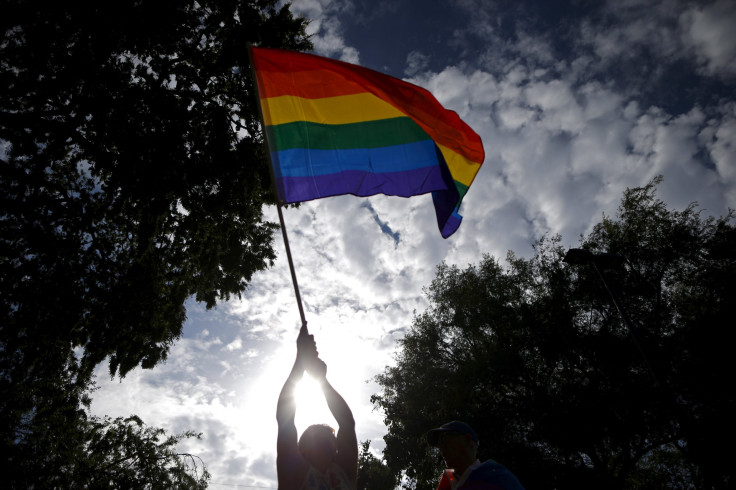US To Use The Term 'Sexual Rights' For Gender, Orientation Issues

The U.S. government said that it would adopt the term “sexual rights” in discussing issues about gender identities and sexual orientation.
The statement, originally made at a United Nations meeting, came after weeks of lobbying from LGBT groups calling for the U.S. to show leadership on the issue. The new term encompasses the "right to have control over and decide freely and responsibly on matters related to their sexuality, including sexual and reproductive health, free of coercion, discrimination, and violence," the State Department said, in a statement.
Richard Erdman, deputy U.S. ambassador to the U.N., made the announcement earlier this week, saying that “sexual rights” would refer to ones that are not legally binding.
"Sexual rights are not human rights, and they are not enshrined in international human rights law; our use of this term does not reflect a view that they are part of customary international law," Erdman said. "It is, however, a critical expression of our support for the rights and dignity of all individuals regardless of their sex, sexual orientation, or gender identity."
Washington’s decision comes days before more than 150 world leaders are set to launch a set of keystone discussions on development goals for the world. The goals -- which span fields from environmental protection to economic justice -- include calling on nations to "ensure universal access to sexual and reproductive health-care services” by 2030, as well as one to “ensure universal access to sexual and reproductive health and reproductive rights.”
The Center for Health and Gender Equity on Thursday praised the move.
"On one level, it's symbolic. It also sends a signal to the global community that sexual and reproductive health and rights are a part of the global development agenda," the center’s president, Serra Sipel, told the Associated Press. Sipel was among a group of 10 global advocates who wrote to U.S. Secretary of State John Kerry calling for the term, saying that "sexual rights must be explicitly acknowledged as part of the human rights framework."
President Barack Obama has made statements on the world stage and to other leaders about the importance of promoting LGBT rights. In a speech in Kenya, in July, Obama criticized President Uhuru Kenyatta’s gay rights record. He has also been critical of similar policies in other African nations, as well as in countries like Russia.
© Copyright IBTimes 2025. All rights reserved.





















